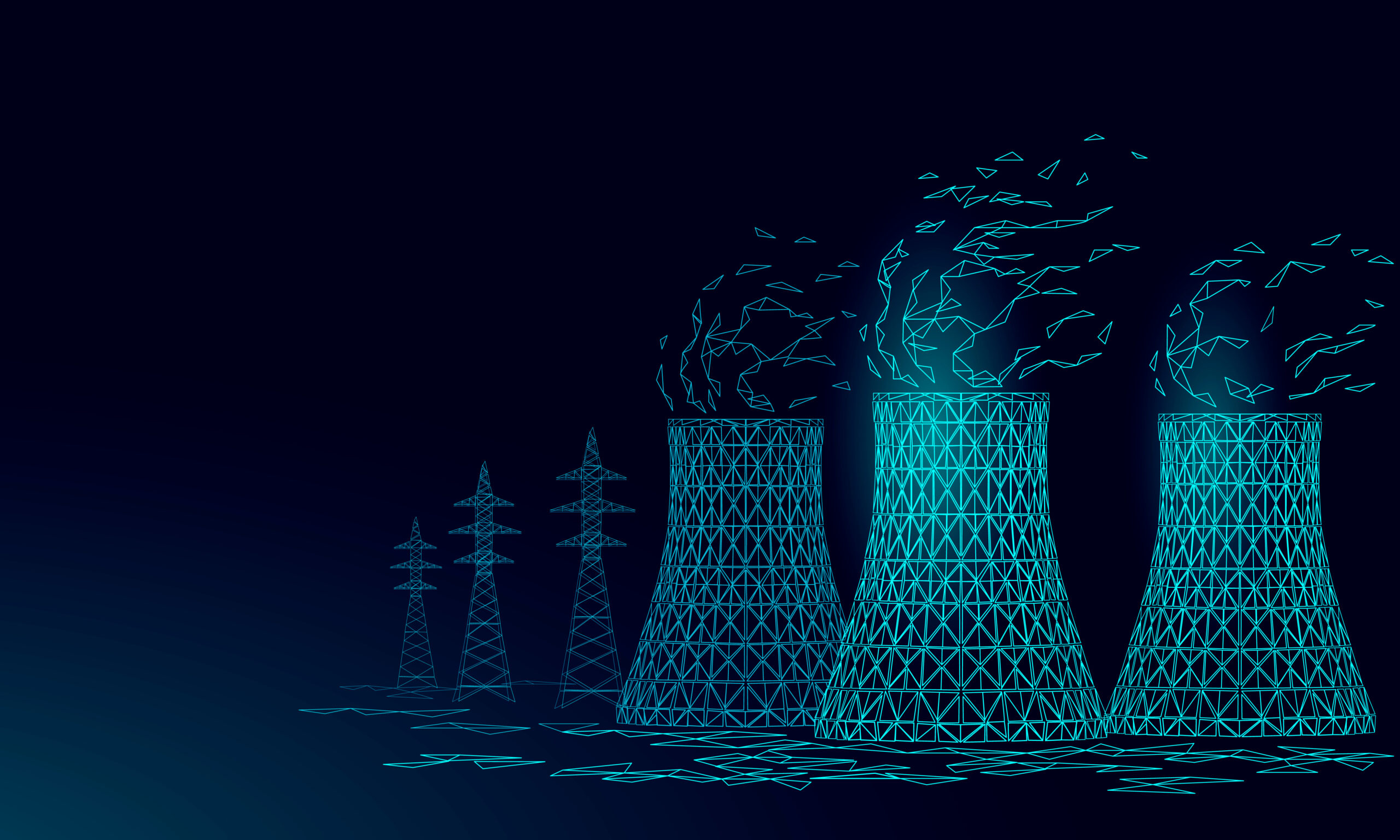Midlands Accelerates Nuclear Vision with Strategic Siting Study

Midlands Nuclear has made a decisive move towards embedding nuclear energy into the region’s future low-carbon strategy by evaluating potential locations for new power stations.
The comprehensive siting study—commissioned by Midlands Net Zero Hub and delivered by Equilibrion with support from Portinscale Consulting—explores how nuclear power could generate low-carbon electricity, hydrogen, and sustainable fuels for homes, transport, and industry across the Midlands.
The initiative arrives just after the UK Government reaffirmed its commitment to clean energy in the *Modern Industrial Strategy*, published on 23 June. The strategy pledges to double investment in clean energy to over £30 billion by 2035, targeting industrial decarbonisation and reduced energy costs.
With up to 24GW of new nuclear capacity planned by 2050—including £20 billion for Sizewell C and the Rolls-Royce Small Modular Reactor project backed by Great British Energy – Nuclear—the Midlands is well-positioned to attract similar investments.
Midlands Nuclear sees a clear opportunity to bolster energy security, drive net zero progress, and establish the region as a major force in the UK’s energy transition.
Emerging nuclear projects could unlock thousands of high-skilled jobs and spark industrial growth. A single Small Modular Reactor (SMR) could deliver 3,000 peak construction jobs, while a two-unit, near-1GW deployment could boost the regional economy by £500–660 million in Gross Value Added.
The Midlands already hosts vital nuclear infrastructure—like Rolls-Royce’s licensed submarine operations in Derby—and a highly capable workforce engaged in nuclear development and support. The region also offers natural assets such as the River Trent and strategic transport corridors.
Historically dubbed “Megawatt Valley,” the area once generated a quarter of the UK’s electricity—a capability lost with coal phase-outs.
Restoring local generation capacity could revitalize communities, bring power closer to consumers, and lower national energy bills. While nuclear remains one of the safest forms of power—even compared to wind—new stations must meet rigorous planning and regulatory criteria, alongside comprehensive public consultation.
The study indicates several sites across the Midlands meet essential requirements like population suitability, access to cooling water, and distance from military zones.
Nuclear energy could provide consistent, on-demand power for data centres, industrial processes, hydrogen transport, and district heating—offering solutions to growing grid challenges posed by intermittent renewables.

